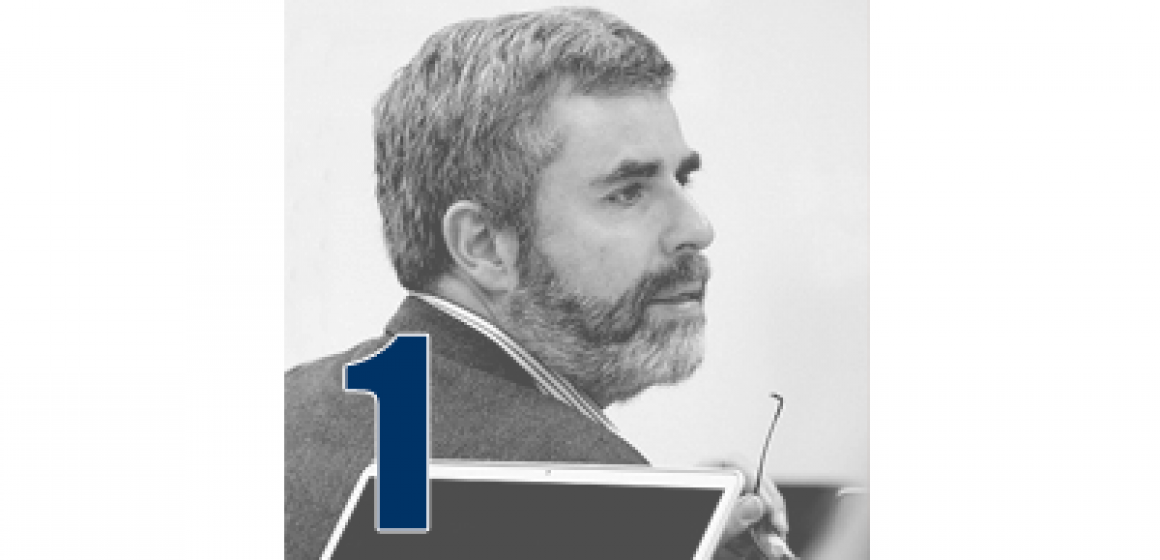The Importance of Literacy: What Story? Whose Story?
I believe that all of this talk of literacy is wearing a little thin. The once effective (perhaps) technique of identifying anything worthy of our attention as a literacy is becoming tiresome, if not annoying. It’s manipulative and it has to stop. We’re being forced into a shallow definition of a powerful word and I’m fearful that, if everything becomes a literacy, then nothing does.
I want to make my case for a more reserved and thoughtful approach to literacy, but I would like to divide that case up across a few blog entries. I hope that my reader(s) might indulge me just a little.
I had two audio experiences this week that caught my attention and had me immediately reaching for my spool of connective thread.
The first was an episode of Ideas with Paul Kennedy. It came up rather randomly on my playlist as I took to the ice for a daily skate at the local arena. Canadian anthropologist, Wade Davis, was making a very compelling case for why, in this era of disconnection and disunity, we should be paying more attention to the values, the voices, the stories and the language of our Indigenous people.
The next day, I was listening intently as Aviva Fudem and Simone Spiegel were unpacking the word literacy on their weekly Beyond Words Radio show (on voicEd Radio of course), and I found myself becoming rather passionately involved in the conversation. I’m fortunate that Aviva and Simone invite me to do a little live debriefing after each show, so I was able to explore some ideas with them immediately.
Here is the entire show, and I’ve added a little voicEd marker where I come in to the show:
I believe that learning to encode our thoughts, values and, most important, our stories in an accepted and useful system of communication is essential to life in a community and in a culture. I also believe that learning to decode and, in the process, make sense of what others have encoded is central to the process of communicating, both in the short- and long-term.
A first step in being literate and living in a society that is considered literate is agreeing on and being conversant with the tools of meaning-making. In most cultures, that means learning to read and write at relatively young ages. That’s the decoding and encoding part. For many children, it’s a process that seems to come naturally. For others, it requires additional support. But it is, arguably, one of the primary responsibilities of schools.
But I believe that there is a deeper sense to literacy, and one that we run the risk of overlooking if we’re not careful. It has to do with what is being encoded and, as a result, decoded–in our schools, in our communities and in our wider world. What values and beliefs are being given priority in the process of teaching our children to read and write. What stories are being shared in our quest to become a more literate society? Whose stories are not being shared? And in not sharing them, what important wisdom is being “lost in translation”?
Our literacy landscape has become much too noisy and, before we look to add one more thing to it, let’s pause to think about what we may be pushing to the side as we clear the path from one more pet project-that-needs-to-become-a-literacy. Let’s dig deep and ask ourselves some important questions about the values and the stories that become wrapped up in the language(s) that we use.

